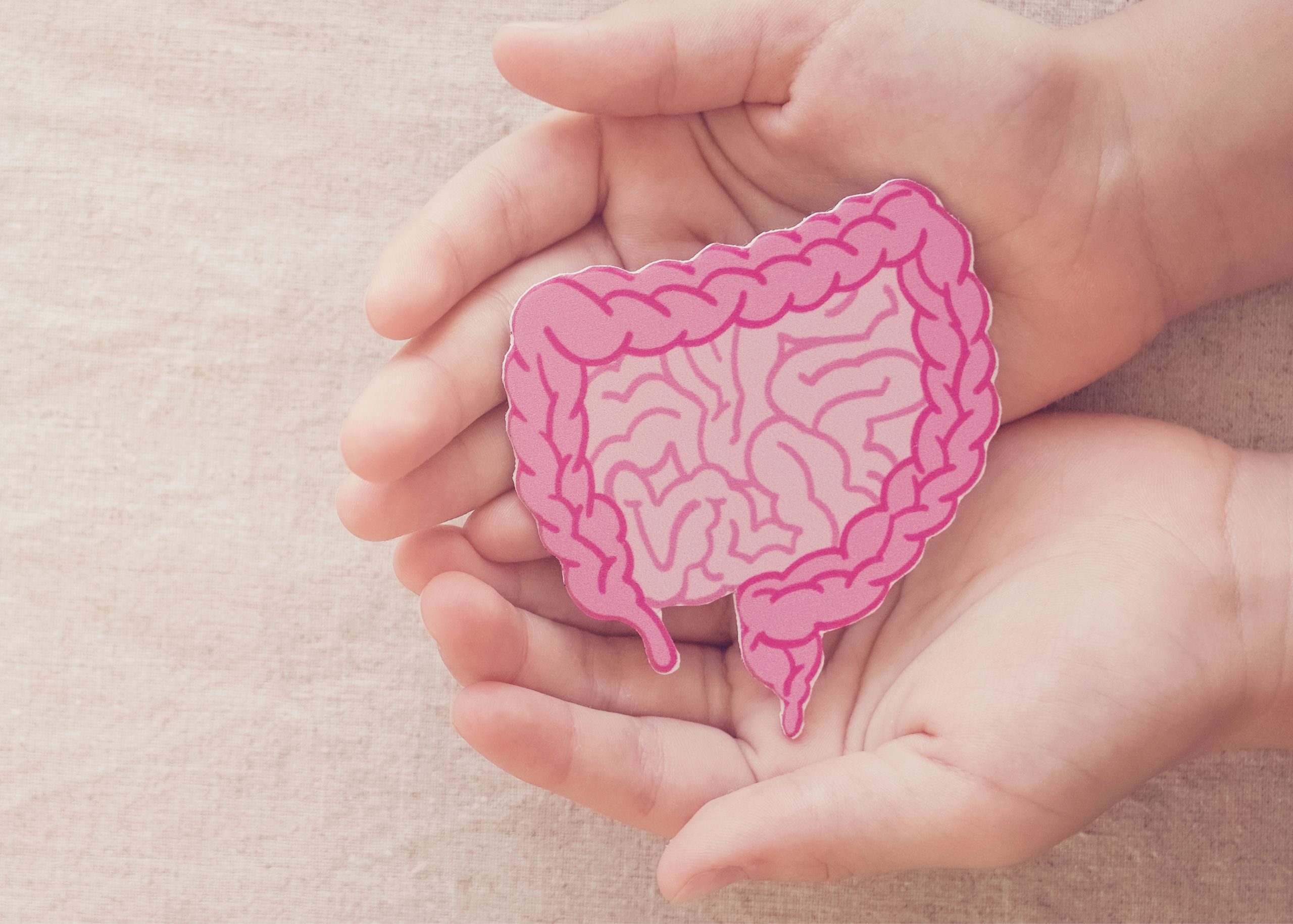What is Colorectal Cancer
Colorectal cancer or bowel cancer is cancer that affects the large bowel (colon) and back passage (rectum). Globally, it is the third most occurring cancer.
The colon and rectum are part of the body’s digestive system. They make up the large bowel, or large intestine. Their job is to absorb water from partially digested food and remove waste products from the body. The waste products become solid as they travel through the colon and rectum before leaving the body as stools (feces).
Colorectal cancer can start in any part of the colon or rectum. It most commonly begins in cells lining the inside of the bowel. Most bowel cancers develop very slowly over several years. Bowel cancer is uncommon in people under 50 years of age, and most cases occur in people aged 60 or over.
Causes of Colorectal
Colorectal cancer starts when healthy cells in your bowel become abnormal. These cells grow and divide more rapidly than normal and continue living when other cells would die. These extra cells can form a mass called a tumor. Some cancers, such as bowel cancer, begin as benign tumors, which are not cancerous. They might not spread or threaten life, but sometimes they can become malignant (cancerous). This happens if the cells in the tumor have changed genetically and no longer regulate their growth properly. The tumor then grows uncontrollably, eventually becoming large enough to invade surrounding tissue or spread to distant parts of the body. There are different types of bowel cancer, depending on where it starts:
- Colon Cancer – is the most common type of bowel cancer; it starts in the large bowel.
- Rectal Cancer – this begins in the back passage (rectum).
Symptoms of Colorectal Cancer
The symptoms of colon cancer are:
- Blood in your bowel movements
- Bleeding from your rectum or blood in your stools
- Abdominal pain, cramping, bloating, and gas
- Diarrhea or constipation that lasts for more than a few days (or alternates between the two)
- Unexplained weight loss
- A lump in your abdomen
If you experience these symptoms for two weeks or more, it may be time to talk to a Gastroenterologist or a Gastrointestinal Surgeon about whether you’re at risk for bowel cancer:
Diagnosis of Colorectal Cancer
Bowel cancer is diagnosed with a range of tests.
Blood Tests: Blood tests can check for anemia, which happens when a person has low red blood cell levels. Low red blood cell levels are a symptom of bowel cancer.
Stool Tests: Stool tests are also known as fecal occult blood tests, which means hidden (occult) blood in the stool. If a person has bowel cancer or another gastrointestinal disorder, blood may appear in their stool, though it is not visible to the naked eye.
Sigmoidoscopy: A sigmoidoscopy is when your doctor looks at the rectum and lower part of the colon with a camera on a flexible tube. This tube is called a sigmoidoscope.
Colonoscopy: A colonoscopy is when your doctor looks at the entire large intestine with a camera on a flexible tube. This tube is called a colonoscope.
Biopsy: A biopsy is when your doctor takes tissue samples from the large intestine to look at under a microscope to determine if there are any cancer cells in them. This can help determine if further treatment is needed.
Prevention
Here are some of the best ways to reduce your risk of bowel cancer,
- Eating a diet high in fiber, including fruits, vegetables, nuts, and whole grains
- Drinking at least six glasses of water each day
- Avoiding processed meats
- Maintaining a healthy weight (through exercise and eating a healthy diet)
- Avoiding smoking or drinking alcohol to excess
While Colorectal cancer is the third most frequently diagnosed type of cancer, it is also one of the most treatable. A bowel cancer screening test is recommended if you are over 50, have a family history of bowel cancer, or have noticed any changes in your normal toilet habits, such as more frequent urination or looser stools. Bowel cancer is easily detectable in its early stages. Patients with early detection have a better chance of survival.







